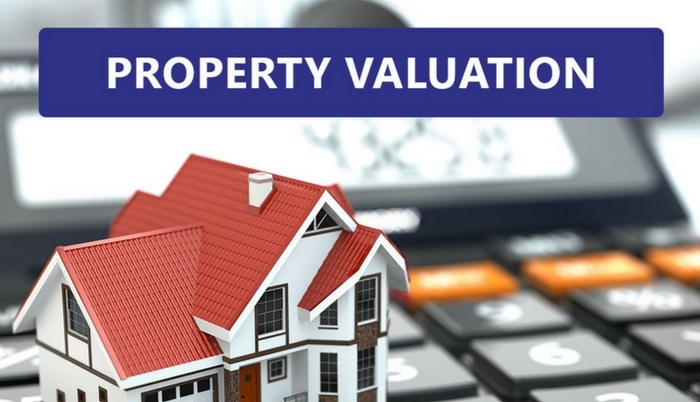Like everything else in the market, a property is only worth what a willing buyer is willing to pay for it. However, sometimes you need a ballpark figure for what a property is worth – for investment purposes, tax reasons, or to keep an eye on your most valuable asset. This is where property valuation comes in. It is the process of estimating the market value of a property, usually performed by a professional valuer such as Sydney Property Valuers Metro.
When would you need a property valuation?
There are many reasons why you might need a property valuation. For example:
- You might be thinking of selling your property and want to know how much it is worth in the current market.
- You might be renovating or making additions to your property and want to know how much the property’s value has increased as a result.
- You might be required to get a property valuation for tax purposes, such as capital gains tax or stamp duty.
- You might be refinancing your home loan and need to provide a bank with an up-to-date valuation of your property.
Factors that affect the valuation of a property?
Many factors go into the valuation of a property, including:
Location
This is one of the most important factors in determining the value of a property. Properties in sought-after areas will always be worth more than those in less desirable locations.
Size
The size of the property is another important factor to consider. Generally speaking, the bigger the property, the higher its value.
Features
The features of a property can also add to its value. For example, a property with a swimming pool or views of the city skyline is likely worth more than a similar property without these features.
Condition
The condition of a property is also taken into consideration when valuing it. A well-maintained and updated property will usually be worth more than one that needs repair or renovation.
Planning restrictions
The planning restrictions that apply to a property can also affect its value. For example, a property zoned for residential use will usually be worth more than one zoned for industrial use.
The aspect, topography and layout of the site
In addition to the property’s physical characteristics, the aspect, topography, and layout of the site can also affect its value. For example, a flat block of land is usually worth more than a steep block with limited access.
These are just some of the factors that go into the valuation of a property. A professional valuer will take all of these factors into account when estimating the market value of a property.
What methods are used to value a property?
Three main methods are used to value a property:
1. The market comparison method
This is the most common valuation method and is based on the principle of supply and demand. The valuer will look at comparable properties recently been sold in the same area. To provide a valid comparison, each comparable must:
- Have been sold recently (preferably within the last three months)
- Be of a similar size, style and condition to the property being valued
- Be in the same or a similar location to the property being valued
- Have been sold under similar market conditions to the property being valued
Suppose there are no recent sales of comparable properties. In that case, the valuer will look at properties currently on the market and use these asking prices to estimate the value of the property.
2. The cost method
This method of valuation is based on the principle of substitution. The valuer will estimate the cost of rebuilding the property from scratch, considering the cost of materials and labor. This method is usually used to value commercial properties, as it is more difficult to find comparable sales for these types of properties.
3. The income method
This method of valuation is based on the principle of investment. The valuer will estimate the property’s potential rental income and then apply a capitalization rate to this figure to arrive at a value. This method is usually used to value investment properties, as it is more difficult to find comparable sales for these types of properties.
While a professional valuer will take all of the above factors into account when estimating the market value of a property, it is important to remember that a valuation is only an estimate. The actual value may be higher or lower than the valuation, depending on the current market conditions.
Conclusion
Valuations are an important part of the property market and are used for various purposes, from setting asking prices to determining lending amounts. A professional valuer can provide you with an accurate estimate of your home’s value by considering a range of factors, including its size, features, condition and location.

